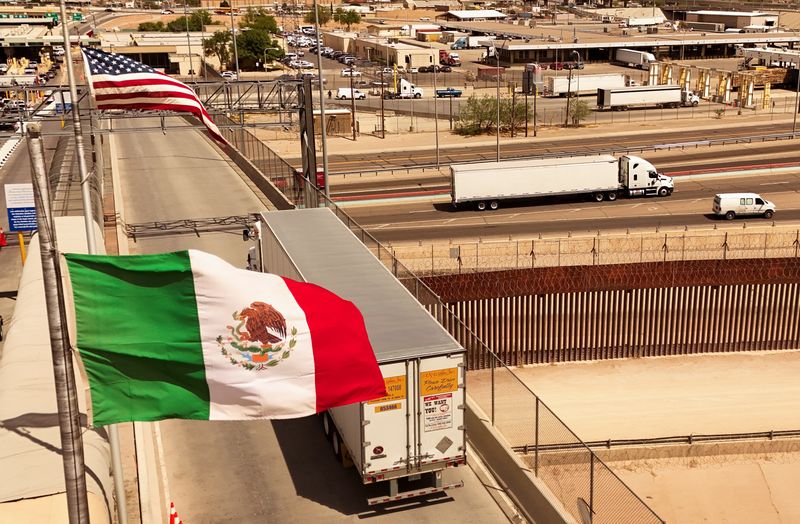There are many types of risks that are relevant to finance and the economy. Among these, systemic and systematic risk may be prevalent. However, due to similar names, most people confuse their meaning. However, both of them are different from each other. Therefore, it is crucial to understand them and how they differ from each other.
What is Systemic Risk?
Systemic risk represents the risk of a major failure of a company’s financial system. It is the risk that relates to the collapse of an entity. These may include companies, industries, financial institutions, markets, or even economies. Systemic risk comes when capital providers lose trust in the users of their capital in a transaction.
Systemic risk can cause widespread problems and can spread from one entity to another. Whether it is on a small scale or a large one, controlling or mitigating systemic risk is substantially challenging. Usually, governments need to intervene to restrain the spread of systemic risk to a larger level. However, sometimes it may be too late for a government to intervene.
Systemic risks usually occur within larger organizations, such as financial institutions. These start with a single entity and have a cascading effect on others as well. Once stakeholders realize it, their subsequent actions can diffuse the risk to the market. This way, the systemic risk spreads to many market participants, eventually causing significant problems.
What is Systematic Risk?
Systematic risk is a type of risk that investors usually come across while investing. It is the opposite of unsystematic risk. Systematic risk refers to the risk associated with markets or market segments. This type of risk affects the overall market, unlike unsystematic risk, which impacts a particular company or industry. Other names used for systematic risk include market or undiversifiable risk.
Like systemic risk, systematic risk can also apply to a large number of market participants. However, it does not spread outside the specific market. The systematic risk may come due to several types of risks, such as interest rate risks, inflation, industry risk, etc. For investors, systematic risk is unavoidable. As the name suggests, they can’t diversify their investment portfolio against it.
However, there are some methods that investors can mitigate the risk. For example, they can use asset allocation to spread their investment over several asset classes. This way, they don’t bear the full effect of the market risk in case of any potential circumstances. Systematic risk is quantifiable, unlike other types of risk, such as systemic and unsystematic risks.
Investors can significantly increase their exposure to systematic risk when they include only investments from a particular market in their portfolio. Any changes in the market, such as interest rates or inflation, can significantly impact their profitability. For example, any changes in the real estate market can impact shareholders that hold real estate property. Similar to systemic risk, systematic risk is highly unpredictable.
Conclusion
Systemic and systematic risks are two highly impactful risks. Due to their similar names, people often tend to mix them. However, they are different. Systemic risk is the risk of a major failure within an entity’s financial system. It creates a cascading effect and can spread to other entities as well. Systematic risk is the risk that investors face with their investments in a particular market. It is a risk that impacts all investments in a specific market.
Further questions
What's your question? Ask it in the discussion forum
Have an answer to the questions below? Post it here or in the forum




